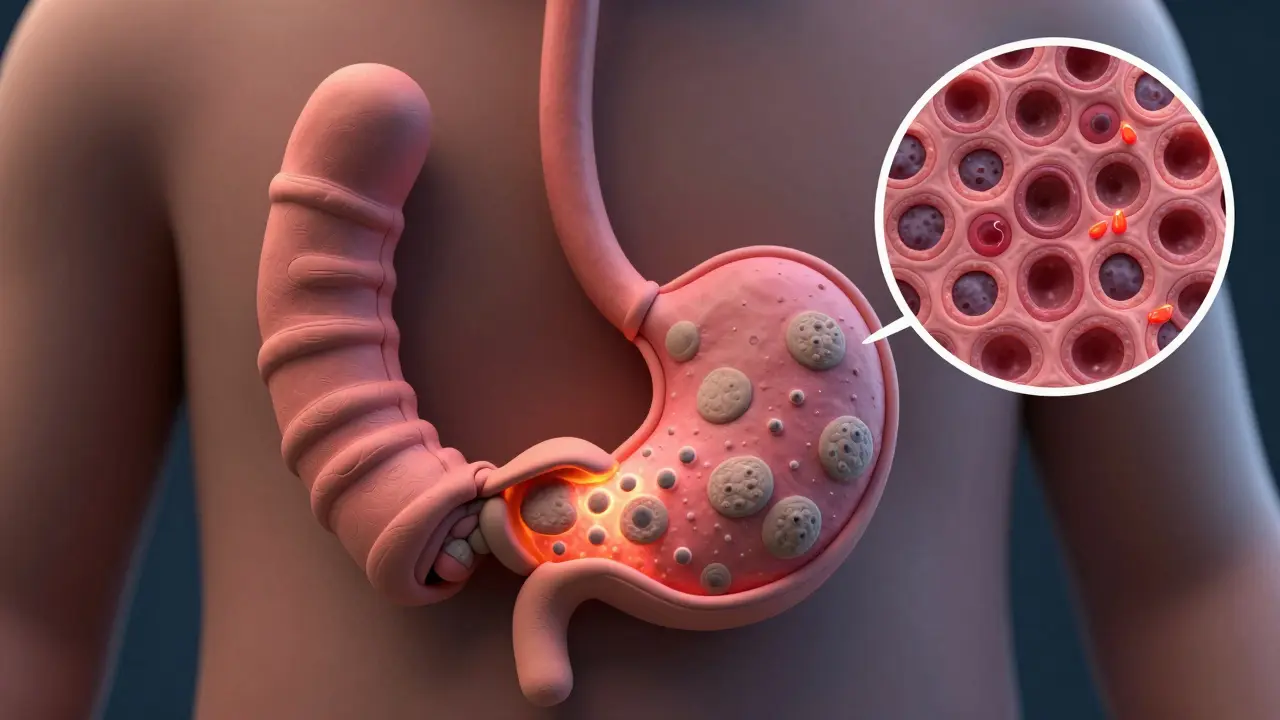If you get that burning feeling in your chest after meals or when lying down, you might be dealing with GERD, short for Gastroesophageal Reflux Disease. It's more than just occasional heartburn—it's when stomach acid frequently backs up into the esophagus, causing irritation. Knowing what's behind GERD helps you make smarter choices to find relief and avoid future discomfort.
So, what causes GERD? It usually kicks off when the muscle between your stomach and esophagus (called the lower esophageal sphincter) doesn't close properly. This lets acid slip upward, which can happen because of things like overeating, certain foods (think spicy or fatty meals), obesity, smoking, or even pregnancy. Stress and some medications also play a part.
Besides that familiar burning chest pain (heartburn), GERD can bring a sour taste in your mouth, difficulty swallowing, frequent burping, and even a chronic cough or sore throat. If these sound like you, it's a good idea to talk with a doctor, especially if symptoms pop up more than twice a week. Ignoring GERD can lead to complications down the line, so early action matters.
Lifestyle tweaks often work wonders here. Try eating smaller meals instead of big ones, avoid lying down right after eating, and limit triggers like caffeine, alcohol, and cigarette smoke. Weight loss helps too if you're carrying extra pounds. Over-the-counter meds such as antacids or acid reducers can bring quick relief, but if you find yourself reaching for them constantly, it's time to get professional advice. Your doctor might suggest prescription meds or other treatments to keep acid at bay and protect your esophagus.
Living with GERD can be frustrating, but understanding what it is and how to handle it puts you in control. Small changes and knowing when to seek help are key to feeling better and protecting your digestive health for the long run.

Chronic GERD significantly increases esophageal cancer risk, especially in men over 50 with obesity or smoking history. Learn the key red flags like trouble swallowing and unexplained weight loss-and what steps can prevent cancer before it starts.
Jan 23 2026
Menu